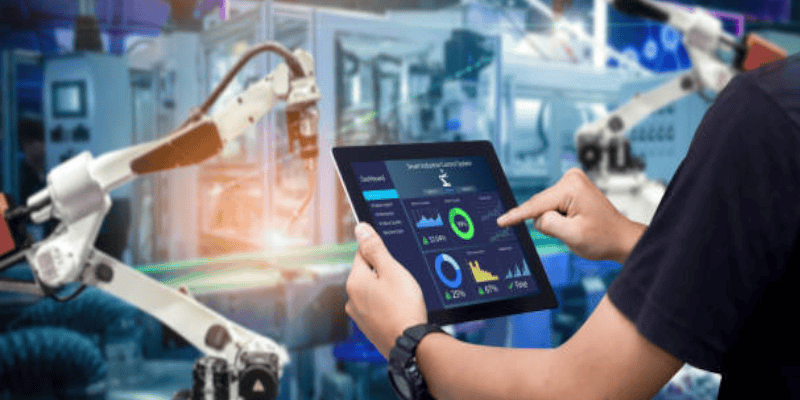AI is transforming the automotive industry’s supply chain ecosystem by enhancing optimization, decision-making, knowledge management, and process automation. As the industry evolves with hybrids, electric vehicles, and increasing regulatory and sustainability demands, AI-driven solutions are streamlining processes across the supply chain and mitigating costly disruptions from vendors to final mile customer deliveries.
Global consumer car sales reached over 70 million in 2022, with a forecast to hit 76.1 million in 2024, according to ABiResearch. While electric vehicles (EVs) are projected to dominate more than half of new vehicle sales by 2030, traditional powertrains still represent 78% of new car deliveries globally. The shift towards EVs necessitates a new set of partners for specialized components, impacting traditional supply chains with new suppliers, origins, and transportation methods.
Managing global supply chains for EV production introduces complex logistics challenges, but AI’s power in solving optimization problems, decision-making, knowledge management, and process automation is growing. Process AI, which analyzes business process data in real-time, aims to enhance operational excellence, productivity, and business process optimization. Implementing AI technology and training employees to work effectively in this emerging human-machine interface scenario is essential.
For instance, an automotive manufacturer in central Europe has utilized advanced AI technologies in its supply chain management. Focusing on vehicle imports, automotive retail, and financial services, the company manages spare parts distribution across various regions, and AI-driven software has streamlined their planning, inventory management, and logistics, improving overall efficiency and reducing costs.
Satellite warehouses supplied by a central European warehouse face challenges with inconsistent delivery times, but AI-powered planning software now plays a crucial role in managing inventory and transportation costs. By leveraging AI for intelligent decision-making, the company has significantly improved its forecasting and planning processes, achieving a high level of automation and inventory optimization.
Modern AI software can process structured and unstructured data, offering seamless transitions between different forms of communication, and this advanced capability allows AI to understand complex processes and handle voice commands, making it intuitive for users and companies alike. With AI-driven supply chain management, automotive manufacturers can now achieve faster, more precise, and intelligent decision-making, ensuring a more efficient and resilient supply chain ecosystem.
#ICTTMNews #SupplyChainNews #AIEvolution #AutomotiveInnovation #EcommerceGrowth #GlobalTrade







